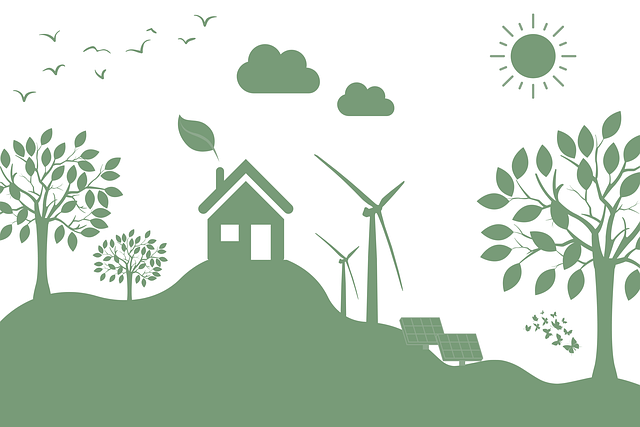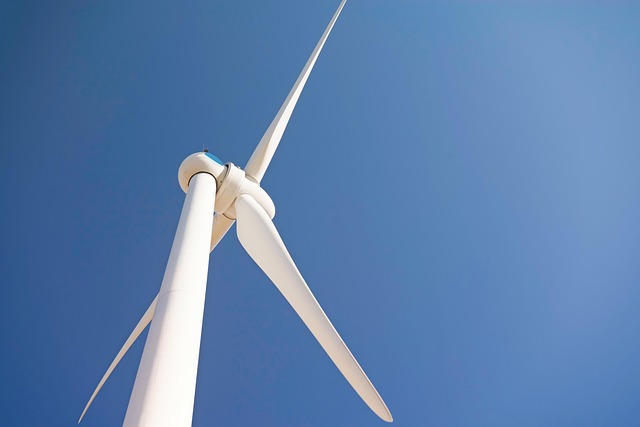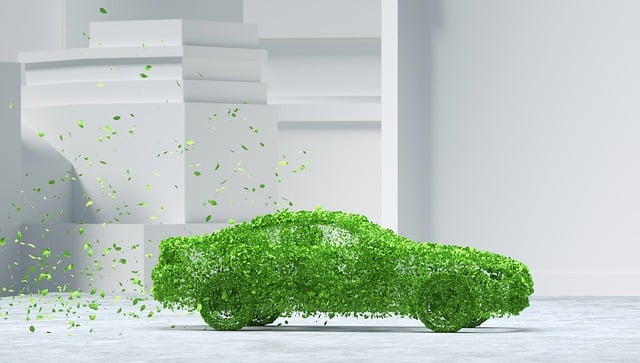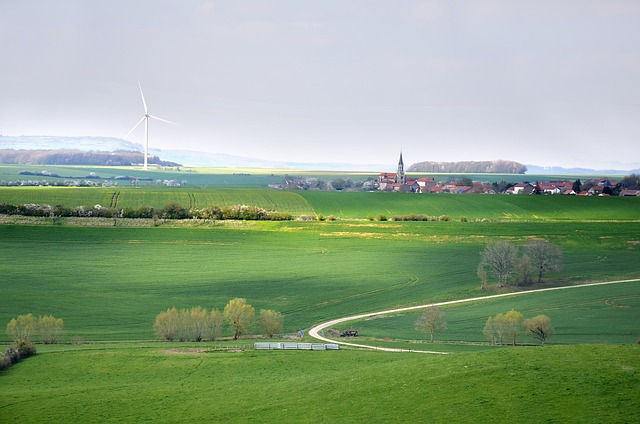Pipe repairs, while essential for plumbing systems, traditionally pose environmental issues due to disruptive digging, non-renewable materials, and resource depletion. Sustainable solutions like recycled metals, biodegradable plastics, and eco-friendly technologies (including tankless heaters) offer significant advantages. These innovations reduce waste, energy consumption, water wastage, and carbon footprints while enhancing durability. While initial costs may be higher, long-term savings and consumer demand for green products support a market shift towards more environmentally conscious plumbing repairs, benefiting both homes and the planet. Examples of successful implementation in cities and remote facilities highlight the effectiveness and economic viability of these sustainable practices, especially with tankless heaters. The future looks bright for eco-friendly pipe repairs, driven by innovation and global sustainability goals.
“In an era where environmental sustainability is paramount, exploring eco-friendly solutions for pipe repairs becomes not just desirable but essential. This article delves into the transformative potential of adopting sustainable materials for pipeline maintenance, addressing a critical aspect often overlooked in the plumbing sector. From understanding the environmental footprint of traditional repairs to highlighting innovative green options like tankless heaters, we navigate the path towards a greener future for our pipes and, by extension, our planet.”
- Understanding the Impact of Pipe Repairs on the Environment
- The Benefits of Using Sustainable Materials for Repairs
- Common Sustainable Options for Pipe Repair and Replacement
- Incorporating Eco-Friendly Practices in Plumbing Maintenance
- Case Studies: Successful Implementations of Sustainable Pipe Repairs
- Future Trends in Sustainable Pipe Repair Technology
Understanding the Impact of Pipe Repairs on the Environment

Pipe repairs, while essential for maintaining efficient plumbing systems, can have a significant environmental impact, especially if conventional materials are used. The process often involves digging, cutting, and replacing sections of pipes, which can disturb soil ecosystems and contribute to water pollution if not managed properly. Additionally, many traditional pipe materials, like certain plastics and metals, are derived from non-renewable resources and can end up as waste in landfills after the repair or replacement cycle.
Choosing sustainable materials for pipe repairs offers a more environmentally friendly approach. For instance, using recycled metal or biodegradable plastic alternatives reduces strain on natural resources and minimizes the ecological footprint of the project. Moreover, incorporating eco-friendly solutions like tankless heaters into the repair process can further enhance sustainability by reducing energy consumption and water wastage associated with traditional heating systems.
The Benefits of Using Sustainable Materials for Repairs

Using sustainable materials for pipe repairs offers numerous environmental and economic benefits, especially in the context of modern homes with tankless heaters. First, these eco-friendly options reduce waste and lower carbon footprints, aligning with growing global efforts to combat climate change. Natural, renewable materials like bamboo, recycled metal, or bio-resins not only minimize environmental impact but also enhance the durability and longevity of repairs, ensuring long-lasting solutions that stand the test of time.
Moreover, adopting sustainable practices can lead to cost savings over time. While initial investment in green materials might be higher, their resilience and reduced need for frequent replacements offset these costs. Additionally, many eco-conscious consumers are willing to pay a premium for products that align with their values, making the market more receptive to and supportive of these sustainable repairs, ultimately contributing to a greener future for our homes and planet.
Common Sustainable Options for Pipe Repair and Replacement

When it comes to pipe repairs, there are several sustainable materials and methods that offer both environmental and economic benefits. One prominent option is using recycled or reclaimed pipes, which reduce the demand for new resources and minimize waste. These pipes can be made from various materials like PVC (polyvinyl chloride), metal, or concrete, all of which have eco-friendly alternatives.
Additionally, incorporating tankless heaters into pipe repair strategies is another sustainable approach. Tankless heaters eliminate the need for large storage tanks, thereby saving energy and reducing the environmental footprint. They provide hot water on demand, which is particularly useful in residential and commercial settings where efficient water heating solutions are sought after. This technology not only conserves resources but also contributes to a more sustainable and efficient plumbing system.
Incorporating Eco-Friendly Practices in Plumbing Maintenance

Incorporating eco-friendly practices into plumbing maintenance is more than just a trend; it’s a necessary step towards a sustainable future. By using sustainable materials for pipe repairs, professionals can significantly reduce their environmental footprint. This shift towards green initiatives not only benefits the planet but also offers long-term cost savings and improved system efficiency. For instance, opting for tankless heaters in plumbing systems can lead to substantial energy and water conservation, making them an environmentally friendly choice.
These eco-conscious practices start with choosing materials that are recycled, recyclable, or made from renewable resources. For pipe repairs, this could mean selecting pipes crafted from recycled metal or plastic, or even innovative composites that reduce the need for harmful chemicals in production. By embracing such methods, plumbing professionals can ensure their work aligns with modern environmental standards while contributing to a greener and more sustainable community.
Case Studies: Successful Implementations of Sustainable Pipe Repairs

In recent years, numerous organizations have successfully adopted sustainable practices for pipe repairs, demonstrating that environmental responsibility and effective maintenance can go hand in hand. One notable example involves a major city utility company that faced challenges with corroded pipes in an urban setting. By transitioning to eco-friendly materials, specifically utilizing recycled content and bio-based composites for replacement sections, they achieved significant results. Not only did this approach reduce the environmental impact of the project, but it also extended the lifespan of the pipes, lowering long-term maintenance costs.
Another compelling case study highlights a remote water treatment facility that relied on traditional pipe repairs using petroleum-based products. After implementing sustainable practices, they introduced tankless heaters made from recycled materials and innovative sealing compounds derived from natural sources. These changes not only minimized the facility’s carbon footprint but also improved overall system efficiency. The result was enhanced water quality and reduced energy consumption, setting a new benchmark for sustainable pipe repair in the industry.
Future Trends in Sustainable Pipe Repair Technology

The future of pipe repairs leans heavily towards sustainability and innovation, with emerging technologies paving the way for eco-friendly solutions. One notable trend is the integration of tankless heaters into repair processes, reducing water wastage associated with traditional heating methods. These advanced systems offer precise temperature control, ensuring efficient energy use while minimizing environmental impact.
Additionally, researchers are exploring smart materials that can self-repair cracks and corrosion, extending pipe lifespans significantly. This shift towards proactive and adaptive solutions aligns with the global push for sustainable infrastructure. As technology advances, we can expect more innovative, green approaches to pipe repairs, further contributing to a more eco-conscious construction and maintenance industry.
